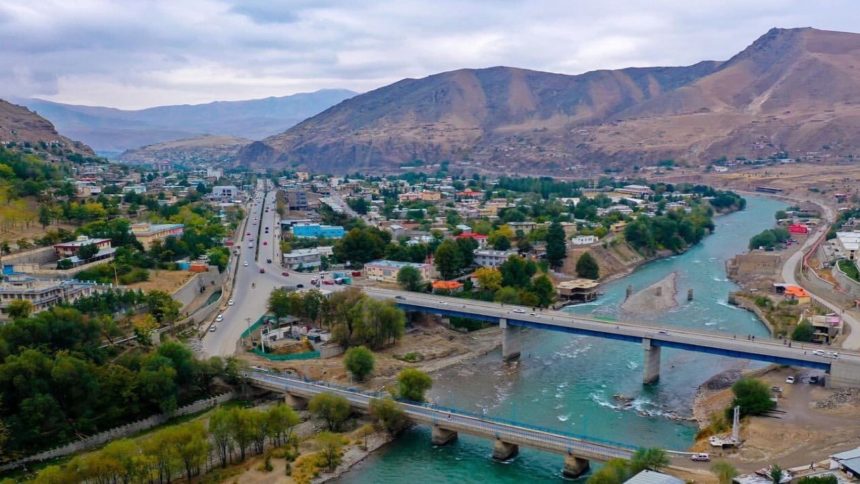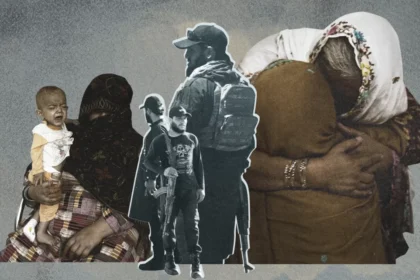RASC News Agency: In Badakhshan province, local sources have disclosed the recent establishment of a substantial religious institution by the Taliban group. The construction of this edifice, situated in the 7th district of Faizabad city, was financed with an approximate sum of 20 million Kabuli rupees, the prevailing currency in Afghanistan. Media reports on Monday, December 18th, revealed that the funding for this venture was amassed from the inhabitants of Raghistan district.
Mawlawi Saif al-Rahman Anab, a member of the Ulema Council of the Taliban group in Badakhshan, assumed the responsibility of collecting these funds. It is posited that the denizens of Faizabad city, acting as stewards for the Taliban, are overseeing the disbursement of expenses and salaries for the institution. Spanning an expansive 10 acres, the religious school comprises two edifices and presently imparts education to 562 individuals in Hadith.
Mawlawai Najibullah Badakhshi, the director of the religious school, contends that the funding for the institution was provided voluntarily by the populace, devoid of any duress. He additionally conveyed that the Ministry of Hajj and Religious Affairs of the Taliban group is tasked with remunerating salaries and dispensing benefits to the school’s staff from its earmarked budget.
It is noteworthy that notwithstanding the Taliban’s proscription on girls beyond the sixth grade attending school, they exhibit a marked inclination towards the construction of religious schools. The Ministry of Education of the Taliban has recently underscored the significance of erecting such religious institutions, aiming to establish three to ten entities in each district.
Heather Barr, the deputy director of women’s affairs at Human Rights Watch, underscores that the Taliban faces financial constraints for various initiatives, including the resumption of schools. However, they appear undeterred in securing resources for the establishment of an astonishing 4,244 new religious schools. Barr, in a tweet, accentuates the irony of this decision, particularly considering that 95% of the Afghanistan population currently grapples with severe hunger and deprivation.






